Town Hall meeting on race relations in Rochester Hills sparks meaningful conversations
A town hall meeting on race relations was hosted by Oakland University on Monday, Sept. 24. The panel consisted of the moderator, Detroit Free Press columnist Rochelle Riley, detective and activist Khary Mason, and former GM executive and philanthropist Tom Kimball.
The event drew a nearly full room, and many members of the audience participated. At the beginning of the event, organizers passed out cards for the audience, including one for personal goals in furthering race relations, and one for ideas for the community as a whole.
The main inspiration for the event was one that weighed heavily on the organizers’ and participants’ minds.
“We were contacted by some individuals from the community earlier this year after the incident where the young [14 year old] African American man was shot at after missing his [school] bus and was looking for directions,” said Director of the Center for Civic Engagement and political science Professor Dr. David Dulio. “We worked through the summer to make this town hall a reality.”
The town hall presented the Center for Civic Engagement the opportunity to “move toward our goal of establishing OU as a ‘convener of conversation’ about issues of public concern,” according to Dulio.
“We are delighted that members of the community approached us and see OU as a place where these kinds of discussions can and should take place,” he added.
One participant, Angel Abrams, a resident of Rochester Hills, worked with the young man.
“I’m glad that this [meeting] occurred and I pray that the conversation continues as we tend to have these gatherings,” Abrams said. “This topic is too important for our community for it to die in this room.”
After introductions and the panelists’ stories, they opened the discussion to the audience, where people shared their own experiences with racism, both directed at themselves and other people.
“Because I am privileged by whiteness, it is incumbent upon me, on a daily basis, to express solidarity with people of color, and to challenge myself to understand, at a deeper level, how I am advantaged by white privilege,” Cynthia Pelak, a professor of sociology in New México, said. “So I was here to further that commitment and listen mostly, and see what Oakland University is doing.”
A recurring topic during the meeting was how people feel that much of the racist ideologies and practices are perpetuated because of the attitudes in Washington, D.C. giving people license to feel and act upon their racist thoughts.
“The most important thing that we can do as citizens, of where ever we live, is to make our own communities better,” Riley said. “We can’t look to some big, global solution, or big national solution, or big state solution when the problem is right on our street. So I come out and do these types of things because it’s so important for people to…actually learn to live with each other. And that’s why this is the most important thing we can do.”
Christina Gadde, an audience member, brought her young daughter Brianna with her to the meeting.
“This is about making life better for our kids,” Gadde said. “And as a white mom to white children, it’s about teaching my kids how to have conversations about race so they can help to make the world a better place for their friends too.”



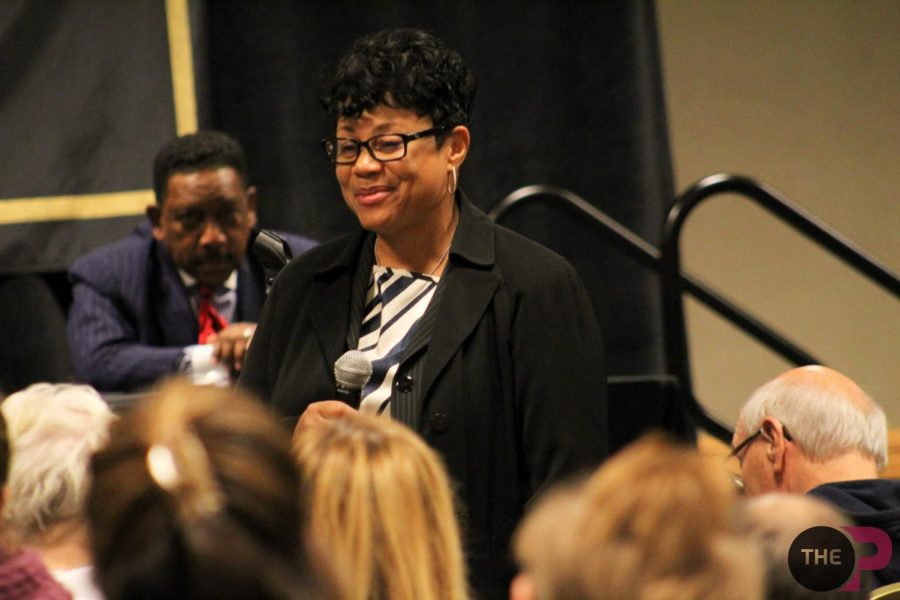
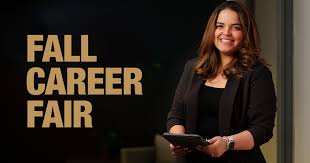
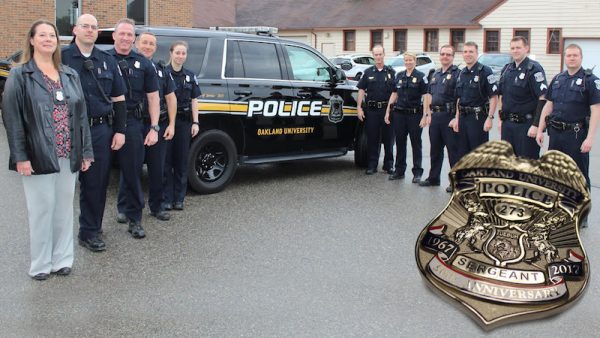
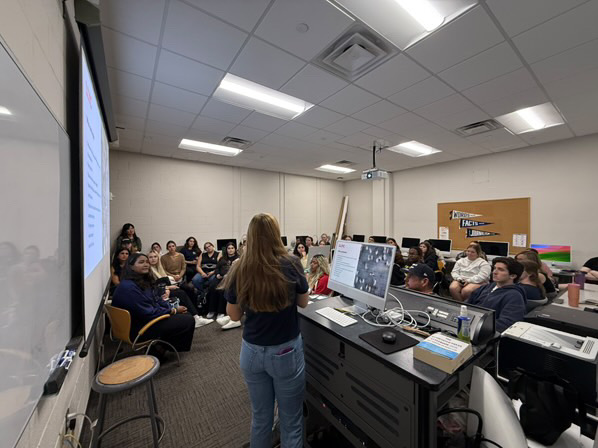
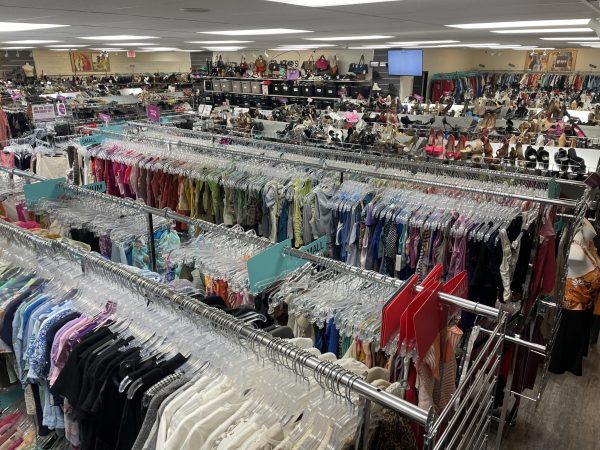

Cynthia Pelak • Sep 26, 2018 at 10:39 PM
Thanks, Ms. Barnhill for writing a story on this meeting. Keep up the good work!